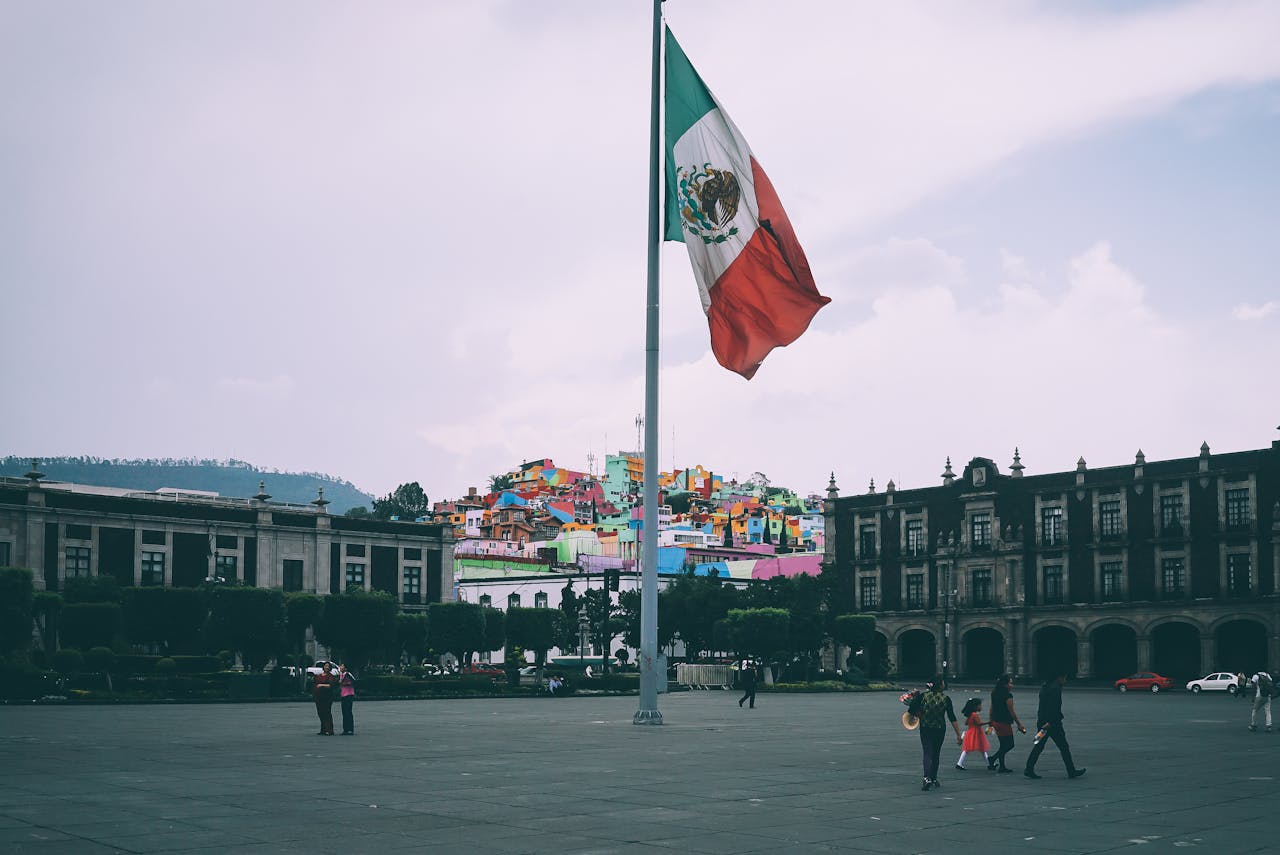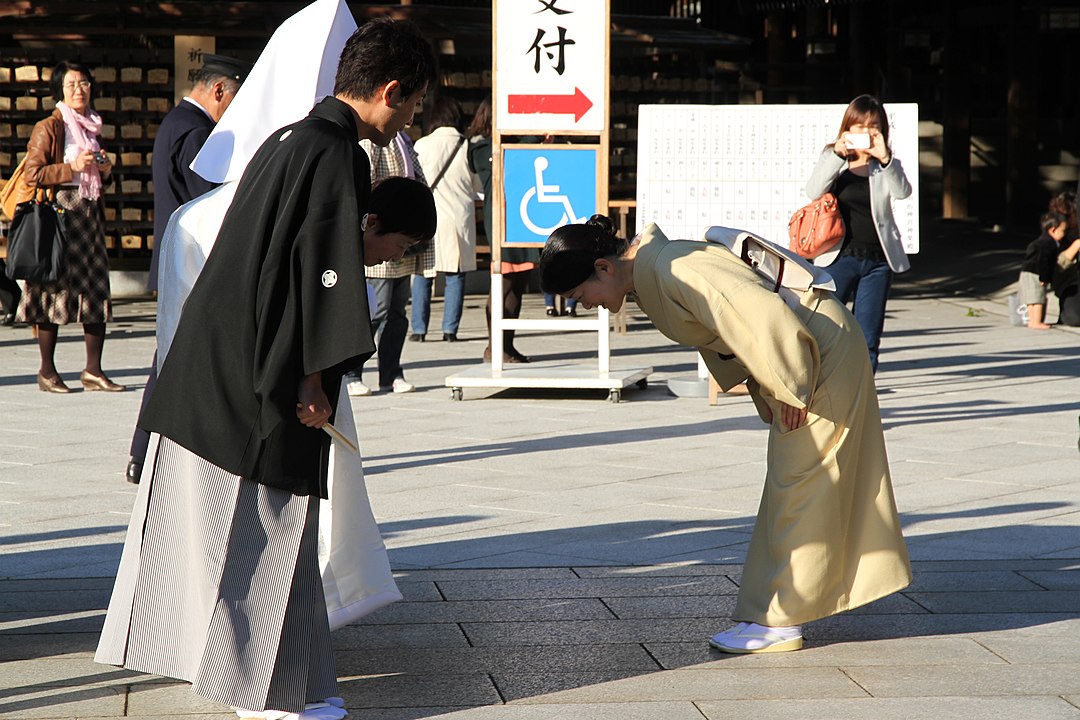Mexico has long been a top destination for American tourists, offering beaches, ancient ruins, and vibrant cities. But the country’s relationship with tourism is changing. Rising costs, safety concerns, and social tensions have made locals more critical of tourism’s impact, especially when it involves Americans. Though travel numbers are still high, frustrations are growing. Many residents now see tourism as disruptive, fueling backlash in areas once known for their hospitality.
1. Backlash Against Gentrification and Mass Tourism
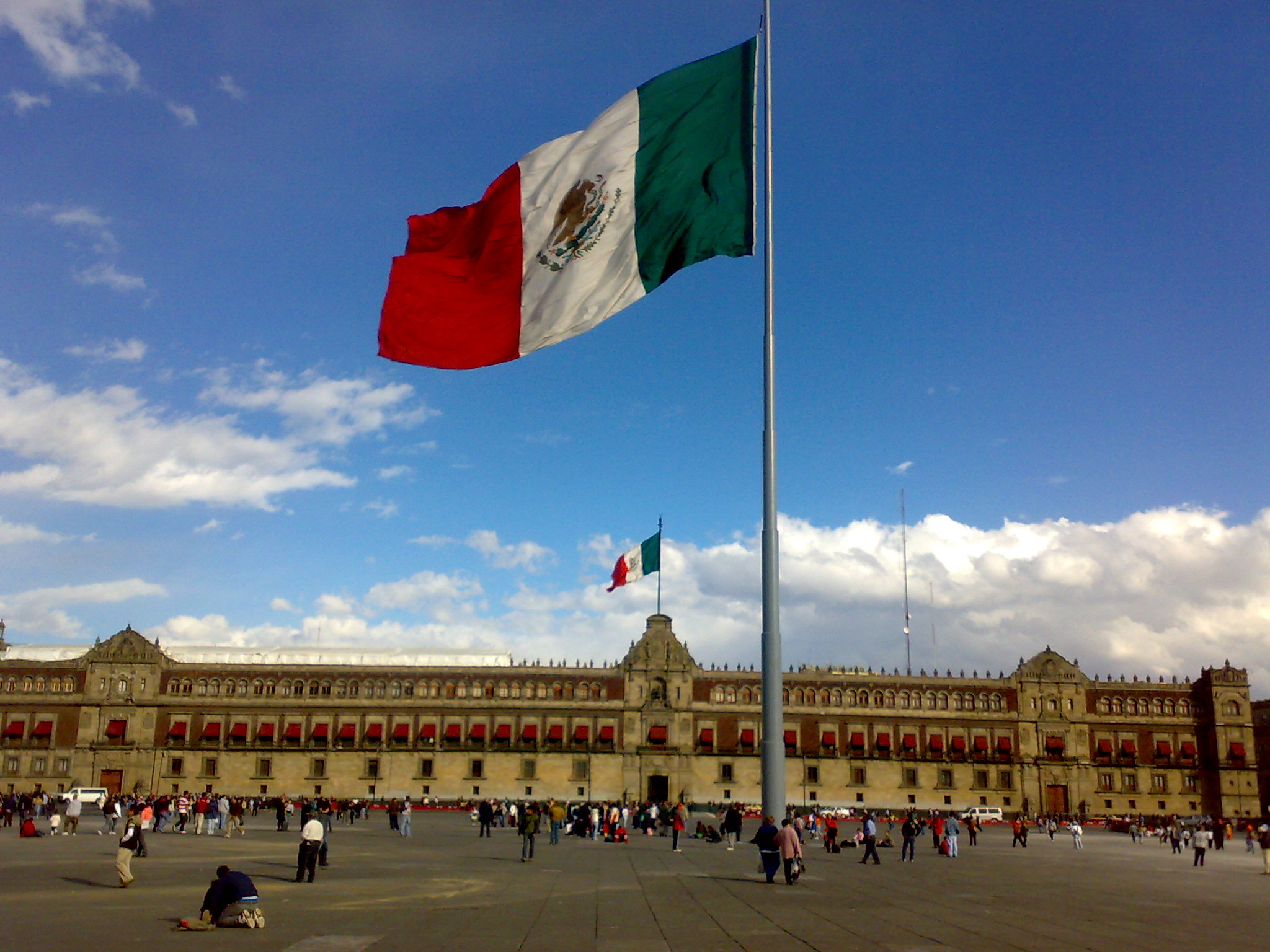
In places like Mexico City, particularly in neighborhoods such as Roma and Condesa, residents have started protesting the wave of foreign renters and digital nomads. Demonstrators have held signs saying things like “Gringo: Stop stealing our home,” reflecting deep concerns over rising rents and the loss of local culture. Short-term rentals are pushing out long-term residents, creating housing shortages and transforming traditional communities. These protests show a growing desire to reclaim space from tourist-focused development.
2. Increasing Safety Warnings

The U.S. government has issued travel advisories for several Mexican states due to violent crime and targeted incidents. Recent alerts included warnings about kidnappings tied to dating app meetups in tourist-heavy regions like Jalisco and Nayarit. These warnings paint a picture of Mexico as risky for tourists, but they also frustrate locals who feel their communities are being misrepresented. At the same time, negative headlines add tension between visitors and those who live there year-round.
3. Strained Relations Over Immigration and Deportation Policies
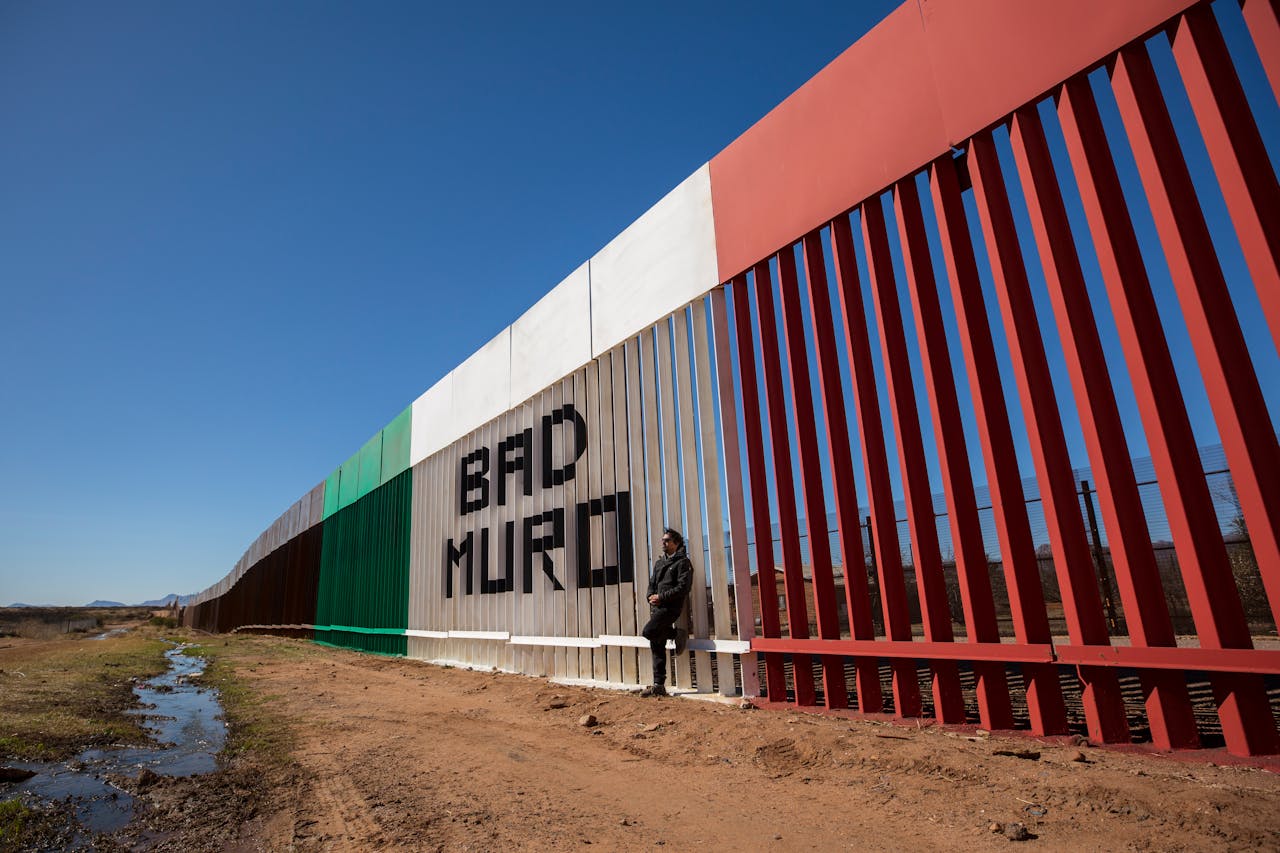
Ongoing political disagreements over border control and immigration have affected how some Mexicans view visiting Americans. There is growing resentment over how U.S. immigration policy treats Latin Americans while Americans often travel freely through Mexico. This contrast highlights unequal treatment and fuels public conversations around sovereignty and fairness. While most tourists are not personally involved in these policies, the broader national mood still affects how they are received.
4. Housing Affordability and Cost of Living for Locals

The tourist boom has driven up home prices in many parts of Mexico. In cities like Tulum, Oaxaca, and Mexico City, housing once affordable to working-class families has become out of reach. Locals often blame the rise of Airbnb and international buyers who purchase homes as investments or second residences. The result is that entire neighborhoods change rapidly, pricing out the very people who built their communities. This shift fuels resentment and reduces tolerance for foreign visitors.
5. Culture Clash and Local Identity Concerns
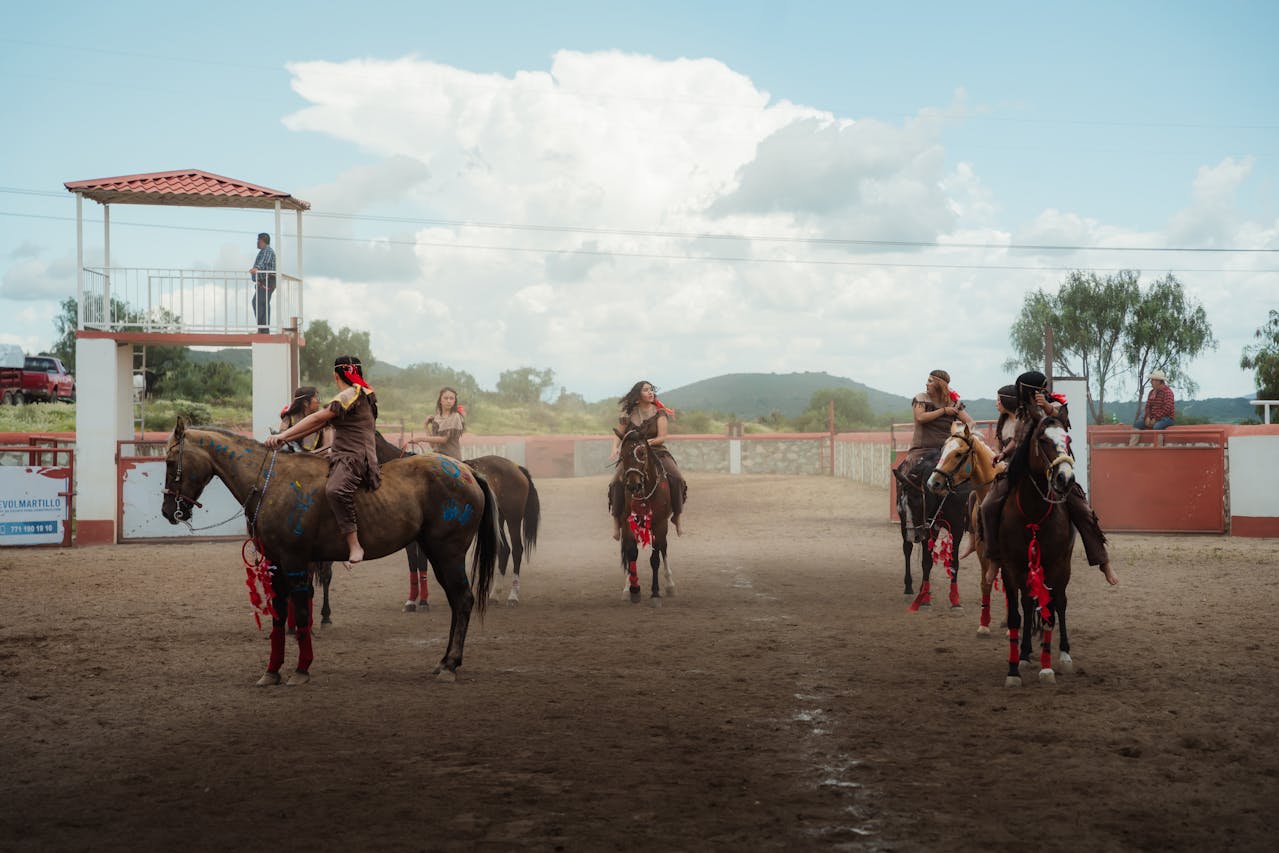
In many Mexican cities, the rush to please tourists has led to changes in local businesses and traditions. Restaurants replace traditional dishes with Americanized menus. Street vendors are forced out for new developments. This loss of cultural identity has become a major concern, particularly in areas once rich with local character. Residents often feel like their cities are being redesigned for outsiders instead of the people who live there. This creates a sense of displacement and frustration.
6. Economic Dependence on Tourism Creates Volatility
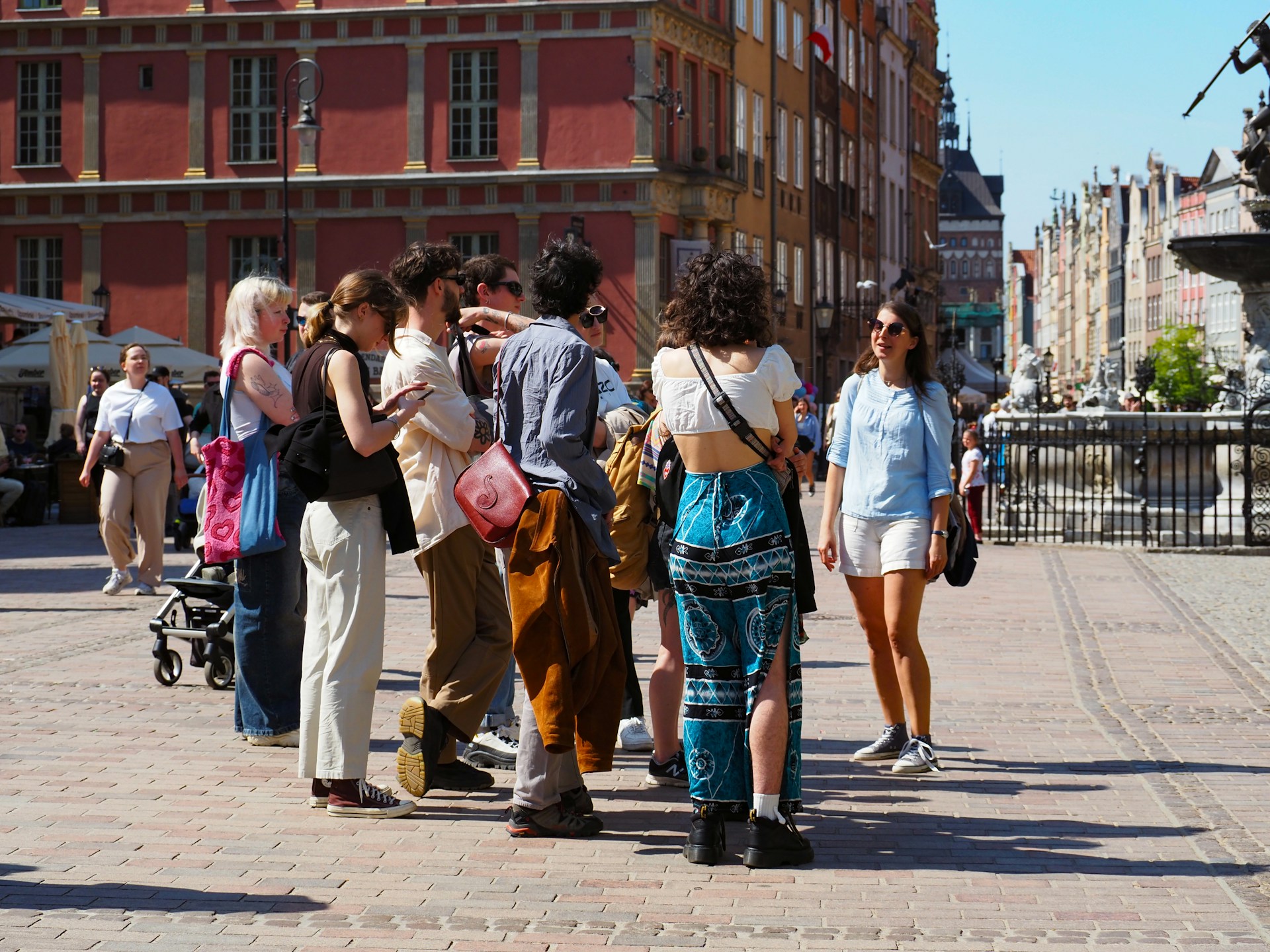
Before the pandemic, tourism made up about 8 percent of Mexico’s economy. That level of dependence means that when tourism drops due to health crises, crime reports, or global politics the consequences are severe. Job losses in hotels, restaurants, and transportation hit locals hardest. While tourism brings short-term gains, many Mexicans are now questioning whether the long-term costs are worth it. Communities that depend too heavily on tourist dollars feel more vulnerable during downturns.
7. Changing Travel Patterns and Attitudes
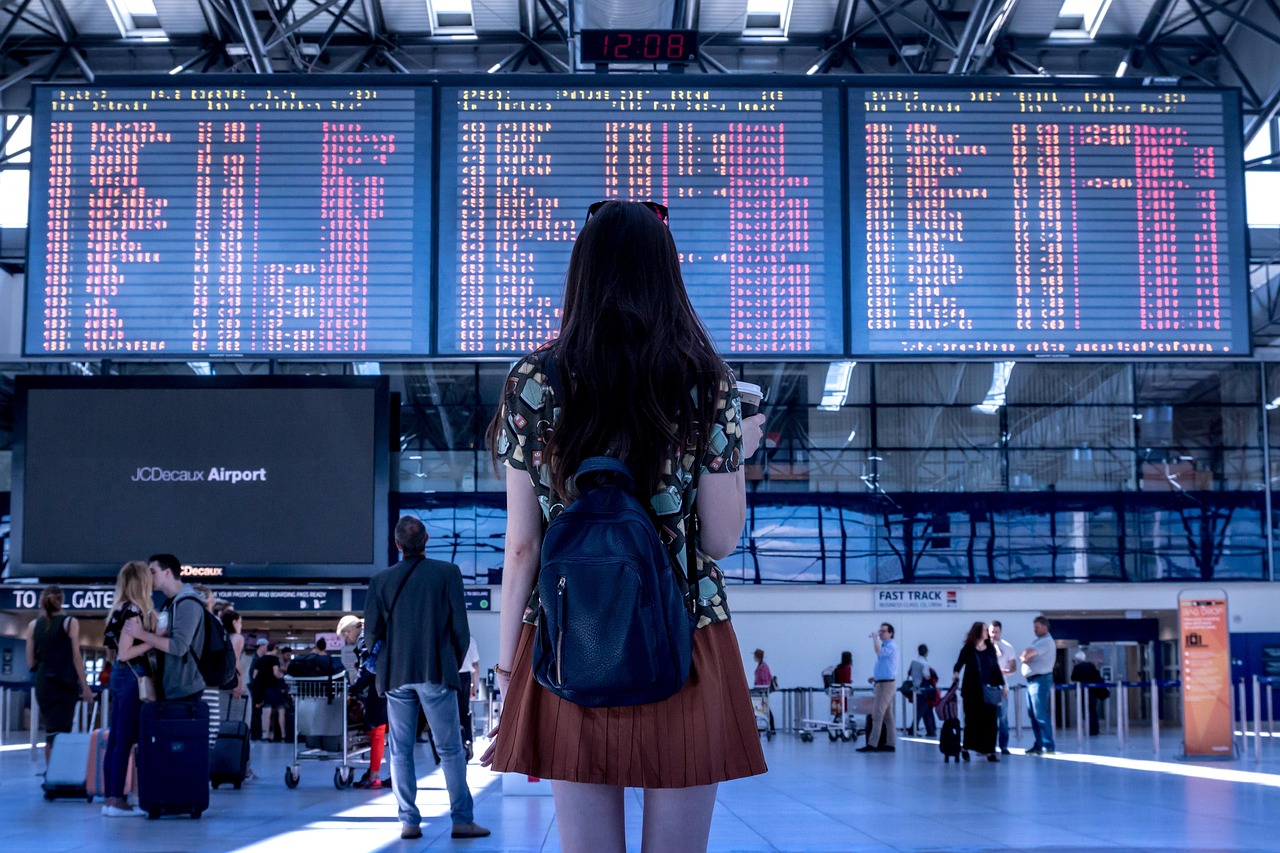
Many Mexicans are now traveling less to the U.S. due to visa issues, costs, and shifting political feelings. In early 2025, the number of Mexicans visiting the U.S. dropped by more than 7 percent. At the same time, American travelers are showing less respect for local customs in Mexico, according to some residents. This combination is creating mutual discomfort. What was once a warm cross-border exchange is starting to feel more strained, especially in communities overwhelmed by rapid tourist growth.
